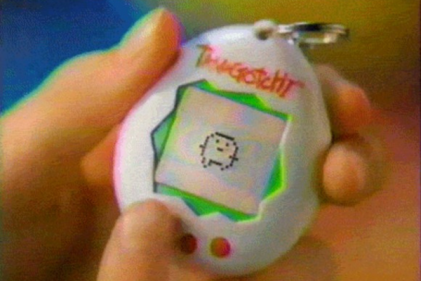Take the time to listen
Children who are upset or in emotional distress just want someone to listen to them. However, most days our teens are more likely to tell us to get lost, than tell us what is wrong which is my parents need to make it as easy as possible for teens to talk. One on one time, long walks, car journeys or time spent together after school can be useful tools to encourage them to open up.
Ask questions
It is tempting to offer your child advice based on your years of wisdom and solving all their problems would be so easy but your teenager won’t thank you for this approach. Instead, parents should realise that your teen can resolve these problems on their own.
Help them realise this by asking them questions such as:
- How has this affected you?
- How has it affected the other person?
- How do you feel about the friendship?
Once your child has answered these questions you can offer advice on how you think the issue can be sorted.
Get your child's friends over
Having your teenagers spend time with their friends at your home is a great way to build friendships. You will be reassured that they're safe. You can help your child build relationships and you can keep an eye on them.
Be a role model
The most effective way for your teen to learn how friendships should function is from experience. Show your children how good friendships function by having good friends around you are reliable, loyal, fun and who you share the same values with.
Get out and about
Encourage your teenager to take part in after school activities like sports or music as these are all great ways to develop friendships with like-minded people.
Monitor technology
Mobile phones, Facebook, instant messaging, and technology can be good and bad for teenage friendships. Monitoring (in an non-intrusive way) what your child is sending and receiving can help your child make good decisions and if managed the right way it will give you lots to talk about!
What you shouldn't do:
It’s not a good idea to do any of the following:
Banning friends. It’s never a good idea to ban friends. Experts advise that children will actually spend more time with the friends their parents have banned.
Confronting hurtful friends. If your child is hurt by a so-called friend or a bully, getting involved is never advised. It’s far more beneficial to speak to your child and help her make good decisions about a certain friend.
Judging or criticising them. You should offer support and guidance and act as a model of what good relationships look like, avoid overly criticising them or speaking to them in a condescending manner.
Your teenage child will need positive friendships to ensure healthy development. As parents, it’s important to offer support and guidance while also encouraging independence in our teenagers.






